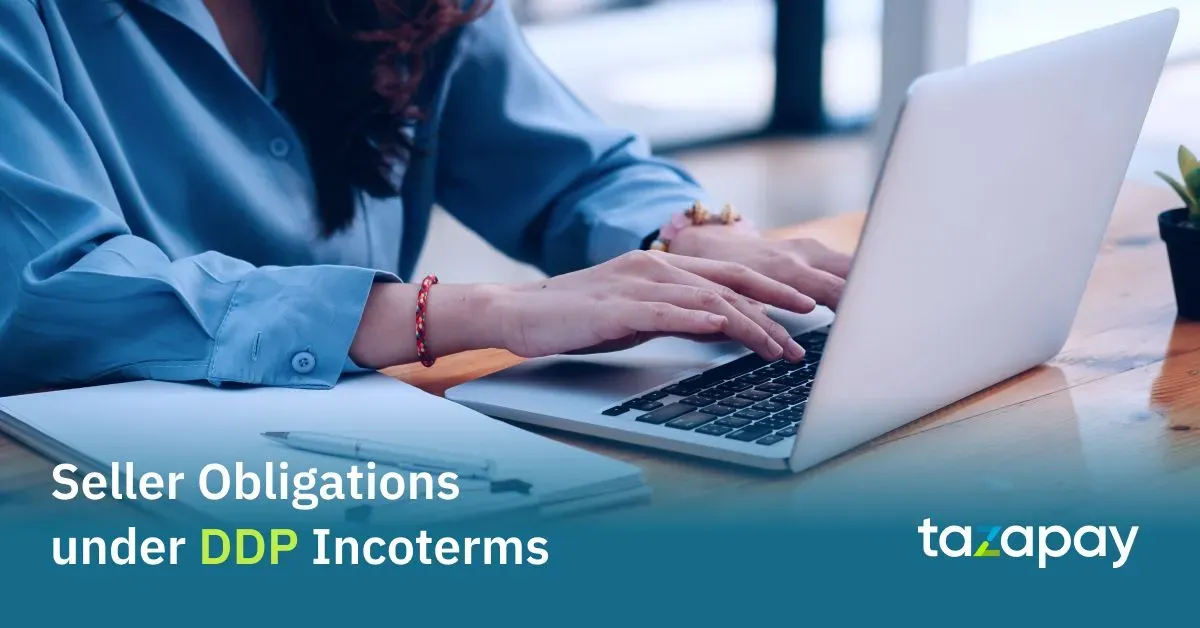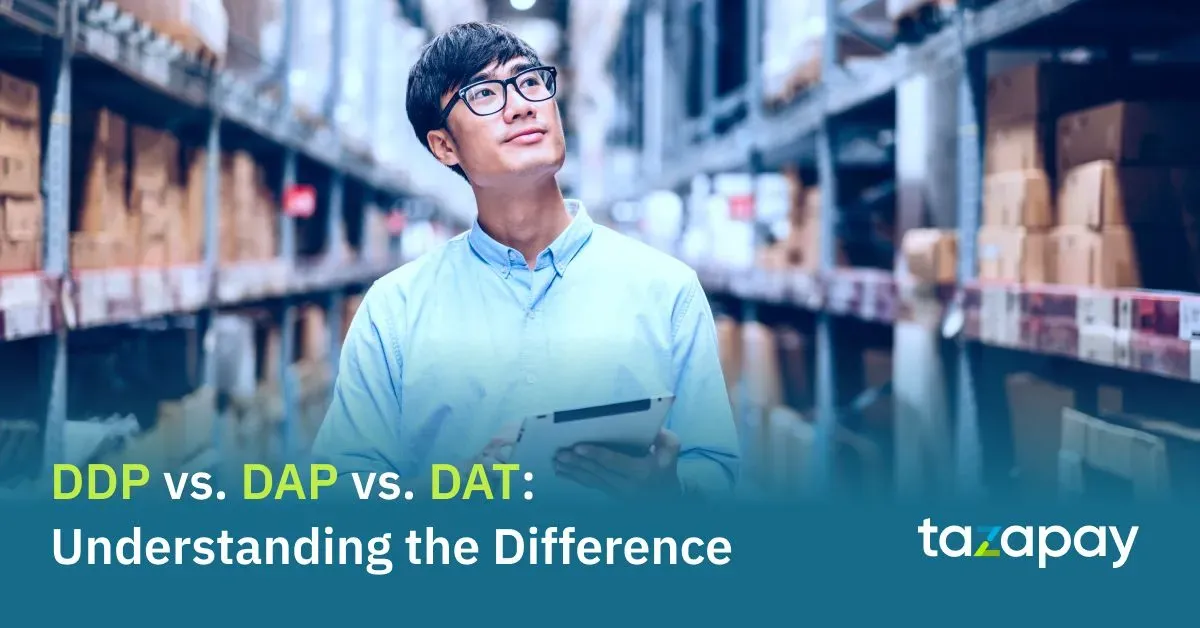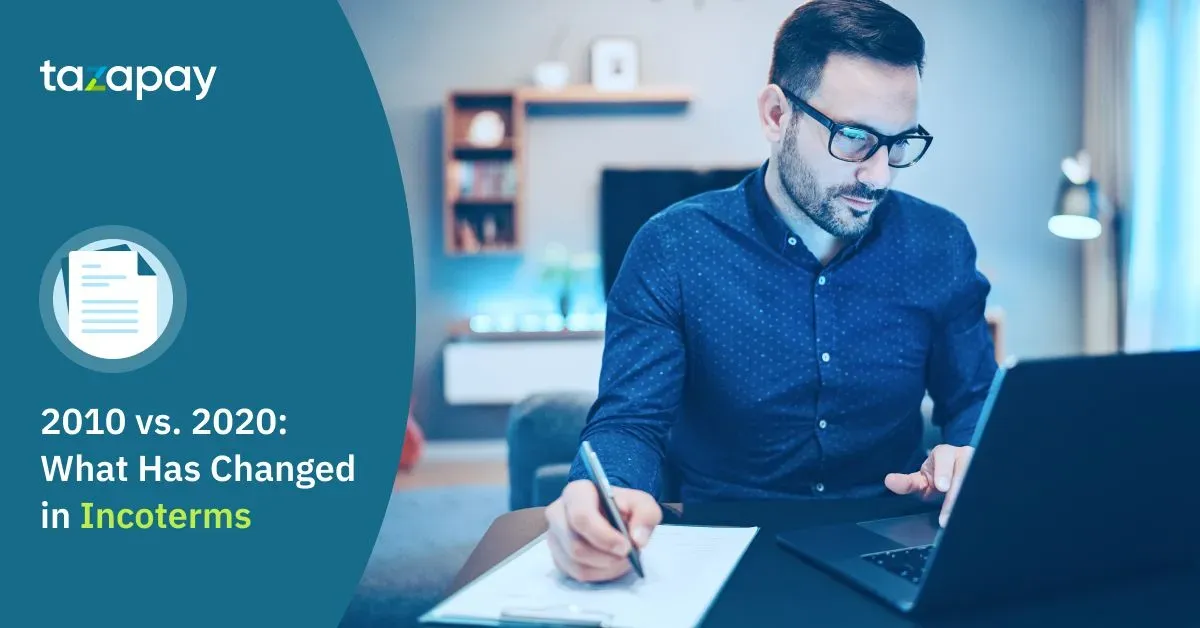- Home
Blog Blog
Customs & Incoterms Customs & Incoterms
Seller Obligations under DDP Incoterms
Seller Obligations under DDP Incoterms

Every day, millions of tons of cargo are shipped to destinations within a country or overseas. Hence, rules and regulations regarding incoterms have been enacted to manage this national and international trade. There are 11 incoterms, and these list out the responsibilities of both buyers and sellers. Delivery Duty Paid (DPP) is one of these 11 incoterms and defines the responsibility of sellers.

Obligations of the sellers
DPP is a delivery agreement between the buyer and the seller. But in this incoterm, the main responsibility is that of the seller. Until the time the goods reach their destination point, the seller is responsible for transportation, as well as all formalities associated with the transit of the goods.
Unlike some other incoterms, DPP requires the seller to arrange for transportation. The DDP price meaning is that all costs pertaining to transportation and customs clearance, getting the necessary approvals from the departments where the goods are being shipped and any other costs that may be incurred, will have to be borne by the seller. Though the seller must get a license for importation, the unloading of cargo is not.
In addition to delivering the goods in pristine condition to the buyers, sellers have to arrange for export clearance, draft a sales contract, take care of all customs issues, and bear the costs of transportation until the goods reach their final destination. At the time of shipping the goods, it is the seller's responsibility to ensure that the permits and additional documentation have been properly filled. Some other responsibilities of the seller include the costs of inspections and providing proof that the delivery is made. Once the goods arrive at their intended destination, the seller will have to inform the buyer. It is only after the collection of goods by the buyer that the obligation of the seller ends. Though sellers are in control as they are entirely responsible for transporting goods, the downside is that if any damage occurs to the goods during transit, the seller will have to bear the costs.
Every nation has different customs requirements. Therefore, it becomes difficult or a bit cumbersome for the seller to clear the cargo through customs in certain countries. On the other hand, suppose the buyer has a thorough knowledge of the customs requirements and procedures of the country. In that case, it becomes easier for the seller, especially if the import clearance is a lengthy and tough process. If customs do not clear the goods, the seller may be forced to use an alternate method, which may be more expensive or delay the shipment.
Incoterms like DPP help in the smooth flow of trade and also maintain trust between buyers and sellers. But frequent delays in payments can break this trust. That is why partnering with companies like Omoney becomes a necessity. A trusted platform for B2B transactions, the company offers reliable escrow services. It helps keep your money secure and only releases it when the order has been fulfilled. The service is beneficial for both buyers and sellers. It ensures that money is paid on time and helps maintain trust between the two parties.
Category

Customs & Incoterms
Seller Obligations under DDP Incoterms
Related Articles

DDP vs. DAP vs. DAT: Understanding the Difference

2010 vs. 2020: What Has Changed in Incoterms






